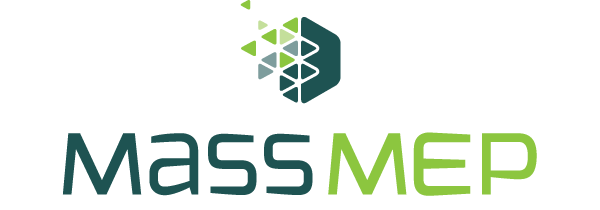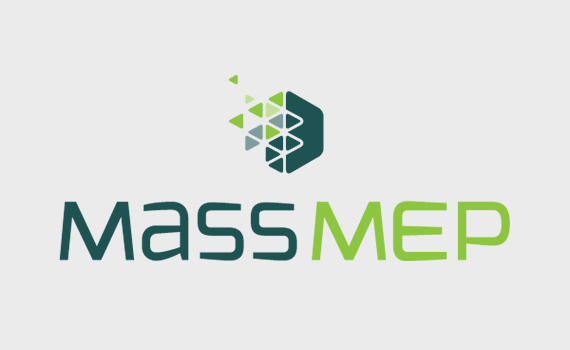SMC Ltd and the Impacts of COVID-19
By Lisa Derby-Oden
Whether as individuals, families, communities, places of work, and more, we have all been impacted by COVID-19. Our experiences have all varied, and despite the difficult times, there are good things that are also coming out of the pandemic. Let’s take a look at SMC Ltd located at Devens, MA, and see how their business and workforce been impacted.
Headquartered in Wisconsin, the SMC Devens location is one of their largest contract manufacturing facilities. SMC is a private Contract Development and Manufacturing Organization (CDMO) that was founded by Chetan Patel in 1988 in Somerset, Wisconsin. They target three major markets: drug delivery, diagnostic and general medical/surgical. About 60% of what they make is a finished device, so they are not just an injection molding contractor that manufactures components. 100% of our revenue is tied to the medical space. SMC has a plant in Santa Rosa, California, two in Wisconsin, one in Massachusetts (Devens), and two outside the United States in India and Costa Rica. Their Design Center is located in Ohio. All plants are FDA registered and ISO 13485 certified.
Paul LaFond is the Vice President of Sales and has been with SMC for a little over 7 years. He shares, “There’s been turmoil this year for us, and for everybody, and we’ve had to adapt. The business has been mixed for us because we are in the three sub-segments of health care. Our medical device side was down; for example in orthopedics, cardiovascular, and general surgical. That’s because elective surgeries were put on hold, postponed, and even canceled. The OEM’s are holding a lot of inventory, so I don’t see that part of the business coming back until late Q2, Q3 as the COVID vaccine rolls out. That will help us a little bit. Pharma was also a little slow because clinical trials weren’t happening. You can’t get people to show up at a hospital for a trial during a pandemic and therefore new drugs weren’t being introduced. That was a slowdown. But our diagnostic business really skyrocketed between all the testing, both the point-of-care and clinical testing. We shifted our equipment and floor space, and that is how we sustained the drawback in the other two markets.”
Paul continues, “Workforce has been the single biggest challenge, and because of that, the ability to meet customer demand. When I say workforce, I mean direct labor and skilled professional positions. There’s a host of things that have been a part of that. One is that some workers have decided that because of COVID it made more sense for them to stay at home. So we have lost some existing workforce because of that. Hiring and bringing in new people has also been a challenge. We have 50 or more positions open in our Devens facility. We also have about the same number of open positions in WI and CA. Outside of the pandemic, trying to get skilled labor has been a challenge as well, and we do have internal training programs to help. We have lots of openings for operators on any of our shifts. We run 7days a week, 24 hours a day. Basically, we are looking for any kind of operator for our Devens facility. Right now that’s our biggest need. We also have skilled positions open that include tooling engineers and quality engineers. Take a look at the HR area of our website (www.smcltd.com) or contact our HR directly at our facility on Independence Way, Devens. We’re doing everything we can and using recruiters, and we’re still not meeting our demand because of that bottleneck.”
When asked what he thinks the new normal will look like, Paul says, “We’ve been thinking about that a lot. One of the big things we have had to adapt to early on was virtual tours. We can’t sell a new customer without them coming in to see our plant. And you can’t come in to see our plants during shutdowns. We came up with the idea early on to do these virtual tours and narrate to live, and they have turned out really well. We’ve been able to book new business in all our plants because of the virtual tours. Instead of flying 20 people flying from Chicago into MA to look at our facility, you can now have this virtual tour going on. So that’s something new that’s going to stay. Another thing that’s going to stay in the virtual team meetings. They are so much more efficient and we can get more people involved. Regarding working at home, 10 to 15% of those employees will remain at home. We are finding that they are very efficient and that not everyone needs to be at a facility. Finally, testing is not going away anytime soon, so a lot of our diagnostic customers are looking long term. COVID strains are mutating all the time, so testing for schools, larger events, and maybe airports, for example, are going to remain. The pricing and costs of tests are coming down as volumes go up and the efficiencies come in. Not all testing companies will make it but the most efficient ones will eventually and that’s here to stay. It won’t be at the level we see today, but I think that is here to stay. Overall, I’m optimistic about 2021. The first few months will be challenging but I suspect it will open up.”




